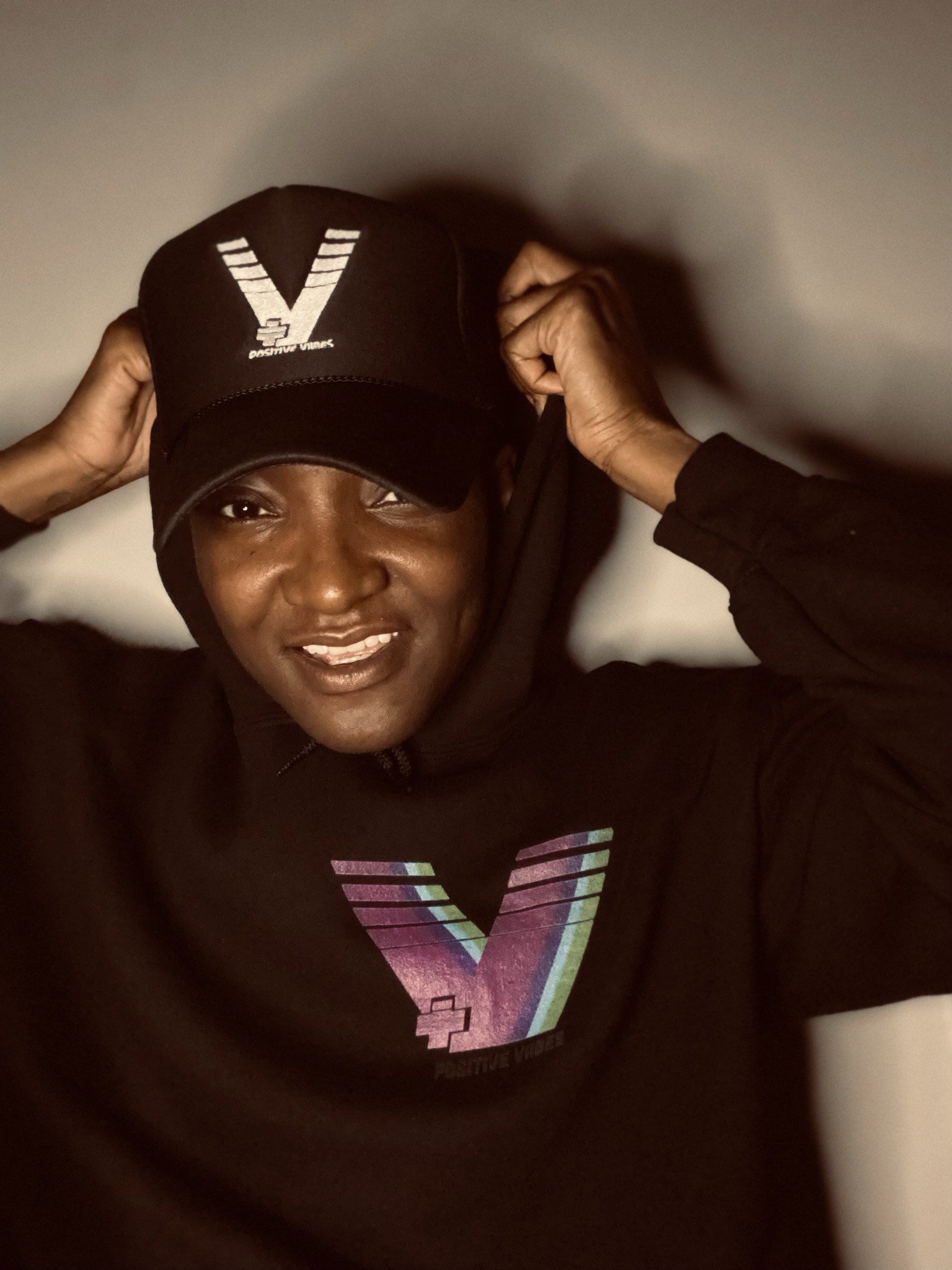When the various members of The Plowboys yet again took the back porch stage at City Roots for the 14th edition of Columbia’s Mardi Gras festival, I didn’t quite know what to expect, what to feel. I’m not sure the band did either.
Just three weeks earlier, the group–which was really more of a rag-tag musical gang, as all the best bands are–had lost its frontman, songwriter, singer, and lead rabble-rouser, Tom Hall, in a car accident. If you read any one of the many, many tributes that poured out across social media and various publications to Hall, you’ll know he was a great many things–a son, father, husband, friend, lawyer, activist, outdoorsmen, restauranteur, festival organizer, raconteur, and many more things besides. But to me, the connective tissue of his many interests, projects, and passions can be found in his music.
The first time I saw The Plowboys play live was in 2007 or 2008, at a late-night gig at the Hunter-Gatherer on Main Street. My brother, having heard some of Hall’s songs on Uncle Gram’s Red Bank Bar & Grill show on WUSC, talked me into going. My musical memory of that night has dimmed some, to the point where any description of what went on would probably be a figmentary amalgamation of all the times I’ve seen them since. I can likely say, on good authority, that it was loud, shambolic, spirited, and fun as hell, largely because Hall didn’t know any other way to perform.
The other thing I hung on to about that night, something that seemed silly at first but ultimately became incredibly telling, was a (possibly improvised) talking-rap jam about Thomas Ravenel and cocaine that Hall did to start the show. It was bawdy and salacious, sure, but in a sly, roundabout way it hinted at his sense of tradition and history, musical and otherwise, along with his subversive glee in barreling through them like a bull in a china shop.
The Plowboys seemed to have formed around 2001, and I can’t rightfully say what they sounded like then. At various points in their history they’ve sounded like string band folk revivalists, blues-groove purveyors, alt-country iconoclasts, and zydeco-inflected New Orleans swampers, often seemingly dependent on the players and mood that surrounded Hall at the time. But the difficulty in putting your finger on them was exactly the point–Hall’s passion was the driving impulse of the group, whether that means recording an 81-track, 3 CD concept album The Sharecropper’s Daughter, soundtracking his DIY experimental film Black Elk Speaks, or entertaining his desire to improvise backing music for a fifteen-minute rendition of Allen Ginsberg’s “Howl.” To paraphrase Walt Whitman, Hall–and by extension, the Plowboys themselves–contained contradictions and multitudes.
For much of the time I followed Hall’s music, I was always struck more by his charisma and aim than by his execution. There was always so much to take in, and his voice and sense of meter could often be uneven. Instead, I loved how much he reveled in the music we both loved–the legendary Texas singer/songwriter Townes Van Zandt, the alt-country cult favorite Blue Mountain, and local indie rockers like Can’t Kids–and how much he breathed that passion into his own work.
Given that, it was quite lovely to return to his 2020 pandemic album, Porch Songs, when I first heard of his passing. A sparse, low-key effort billed under his own name (a few Plowboys chip in), it’s a warm, sweet recording that shows off how much of a true songwriting tunesmith he could be, independent of anything else, when he really wanted to be.
That album also reminded me, quite tellingly, of Bob Dylan’s early 1990s recordings of traditional folk songs. Dylan made those two LPs at a time when his songwriting had seemingly dried up and he was a critical and commercial low-point. With no stakes, there’s a looseness and vitality to his performances, but also an undeniable sense of picking up the long-circulating baton of American roots music and finding their place in it. I don’t know if Hall thought much about this or considered himself a worthy enough performer to place himself in that pantheon, but to me–and, I think, to so many of us in this community–he was, and always will be, part of that tapestry.
Before The Plowboys played their set at Mardi Gras, one of the Krewe de Columbia Ya-Ya members, Paul Hinson, gave a short speech and called for a toast in Hall’s honor. It was a fitting tribute, naturally, but it meant the emptiness at center stage loomed all the larger.
And yet, somehow, as the band launched into their first tune, it didn’t feel empty. Whatever was missing musically, the spirit of things was somehow right. That vivaciousness, that veritable roots music wellspring that Tom Hall always was, remained. The band passed around singing duties and often sang, as they always did, with gang vocal ribaldry, charging through a set of Plowboy originals and favorite covers with a kind of aching timelessness. It wasn’t always perfect or pretty, but that was part of the Plowboys too.
I don’t know if the group will ever play again, but there’s a part of me that hopes that they do. That, in fact, the various sundry members will convene again and again each year on that City Roots stage, confident that the spirit of Tom Hall will be waiting. And the faithful Columbia denizens who so loved Tom will return too, not unlike the Deadheads that continue to return to the group in its various post-Jerry Garcia incarnations.
After all, as Tom loved to sing, “his soul was as clean as his garden.” In all that toil and dirt, the living and dying and sprouting again, his music should only continue to grow.
A version of this essay appeared in the spring 2024 issue of Jasper Magazine.











